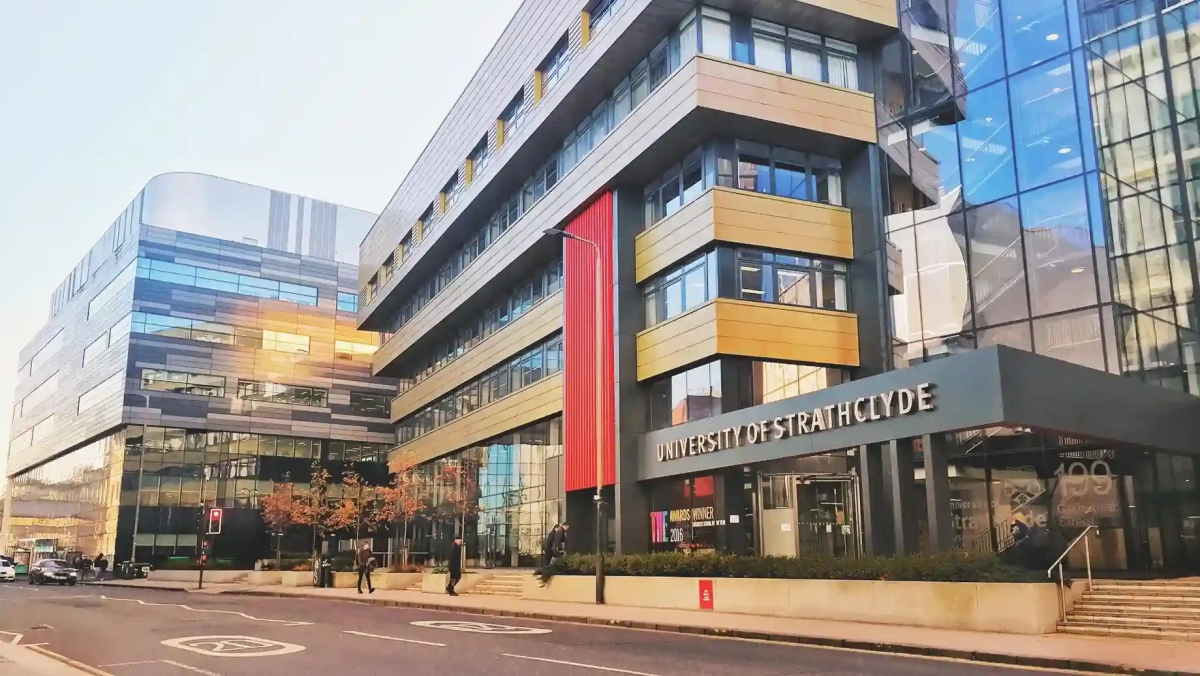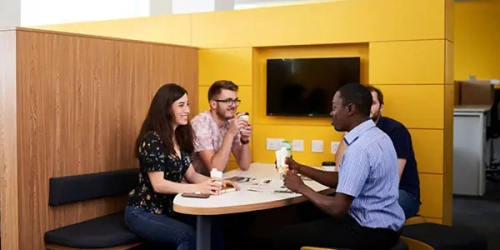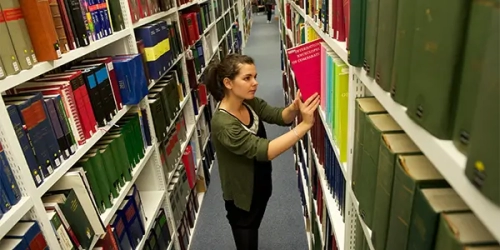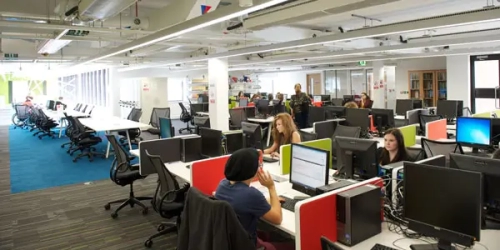The University of Strathclyde, established in 1796 as "A Place of Useful Learning," is a leading international technological university located in Glasgow, Scotland. It boasts a strong focus on practical learning, world-class research, and a vibrant, international community with over 30,000 students from more than 140 countries.
| Acronym | UoS |
| Motto / Slogan | The Place of Useful Learning |
| Colour | Blue |
| Mascot | Serena Siren |
| Founded | 1796 |
| Undergraduate Programmes | |
| Postgraduate Programmes | 200 |
| Location | Glasgow, Scotland, United Kingdom |
| Address | 16 Richmond St, Glasgow G1 1XQ, United Kingdom |
The University of Strathclyde's mission is to research, teach, and benefit society.
The University of Strathclyde's vision is to be a leading international technological university, socially progressive, and making a positive difference to the lives of its students, society, and the world.

The University of Strathclyde aims to be a leading international technological university that benefits society through education, research, and innovation. Its core objectives include outstanding education and student experience, world-leading research, transformative innovation and impact, global engagement, and operational excellence.
The University of Strathclyde is a place of useful learning where we're recognised as being:
Our people are our greatest asset. Learn what they believe to be Strathclyde's strengths and how Strathclyde is making a difference in the wider world.
The University admits students to Postgraduate Taught (PGT) programmes with a range of both academic and professional qualifications. In addition to an appropriate academic qualification (generally an acceptable undergraduate degree, or equivalent qualification), some programmes require relevant professional or work experience. The academic entry criteria for each programme are available on the University’s website.
UNDERGRADUATE
Make sure you know the deadline for applying for your course.
Remember that your school or college may have earlier deadlines for you to follow. Do not wait until the last minute to complete your application as the references take time to complete too.
2.Your personal statement needs to set you apart
Our admissions team sifts through thousands of applications from people with similar qualifications to yours. Therefore, your personal statement needs to stand out from the crowd. It’s an important part of the application process. It tells us why you’d make a good student and why we should offer you a place.
Show us your excitement and passion for the course you want to study. Be positive throughout your statement.
When you’re writing your statement, write in your natural voice and tell us:
most importantly – how your skills and experience link to your course choice
3.UCAS screens all applications for plagiarism
We want to know about you, so it’s important to be yourself and let that show in your application. It’s also important to submit your own work. Do not be tempted to copy someone else's personal statement.
UCAS screens all personal statements using a plagiarism system. If any issues are detected, this could have serious consequences for your application.
4. The UCAS application system times out after 35 minutes
Make sure you keep hitting 'save' throughout the process to avoid losing all your work.
We recommend that you prepare information that takes time, like your personal statement, in a Word document first. You can copy and paste it into the application system when it’s complete. Not only is it easier to edit and spell-check your work, but it means you’re less likely to lose it too.
The application process can take time but you do not have to do it all at once. You do have the option of saving parts and going back to it later.
5.Attention to detail is important
It’s a good idea to put time aside to make sure that all the details in your application are accurate.
Try to tackle this with fresh eyes. The most effective way to proofread is to read over your work three times:
It might seem like a lot of effort, but it will be worth it. Sound spelling and grammar create a good first impression.
POSTGRADUATE
Email: [email protected]
Phone : +441415524400




AMBA, EQUIS, and AACSB.
Prior to joining the University in 2022, Gillian was the Chief Executive of The Data Lab, Scotland’s innovation centre for Data Science and Artificial Intelligence with a mission to help Scotland maximise value from data and lead the world to a data-powered future.
Robert Smith was educated at Allan Glen’s School before qualifying as a Chartered Accountant in 1968. He went on to work for the Industrial and Commercial Finance Corporation - now the 3i Group - before holding senior posts with National Commercial and Glyns Ltd, the Royal Bank of Scotland, and Charterhouse Bank. He was also chair of the Weir Group.
He joined Morgan Grenfell in 1989 as CEO and Chairman and spent 12 years with the company. During this period, he also served as Chairman of the National Museums of Scotland, President of the Institute of Chartered Accountants of Scotland, and a Governor of the BBC. In 1999, he was knighted for services to Scotland’s museums.
He became a member of the House of Lords in 2008 as an Independent Crossbench Peer. He is also President of the Royal Highland and Agricultural Society of Scotland, a Regent of the Royal College of Surgeons, and Patron of Foundation Scotland - formerly the Scottish Community Foundation.
Lord Smith was appointed Chancellor of Paisley University - now University of the West of Scotland - in 2003, a position he held until September 2013. He holds honorary degrees from the Universities of Edinburgh, Glasgow, and the West of Scotland. He is married to Alison.